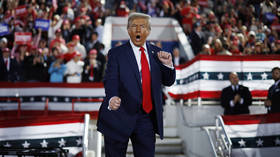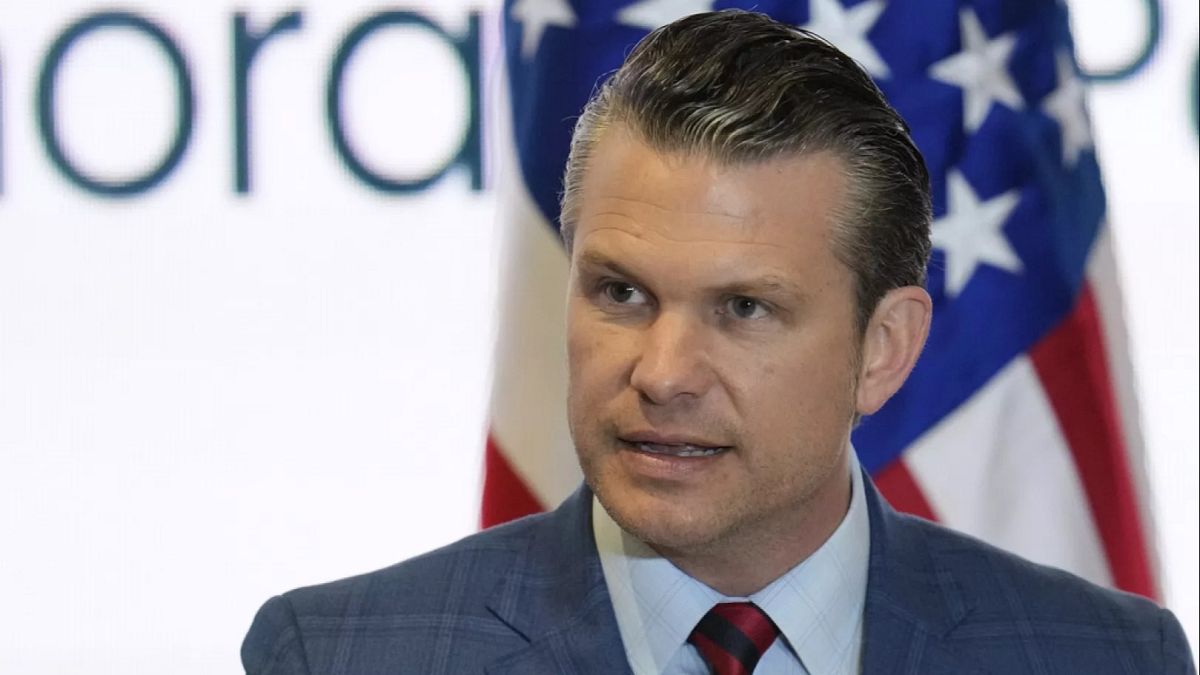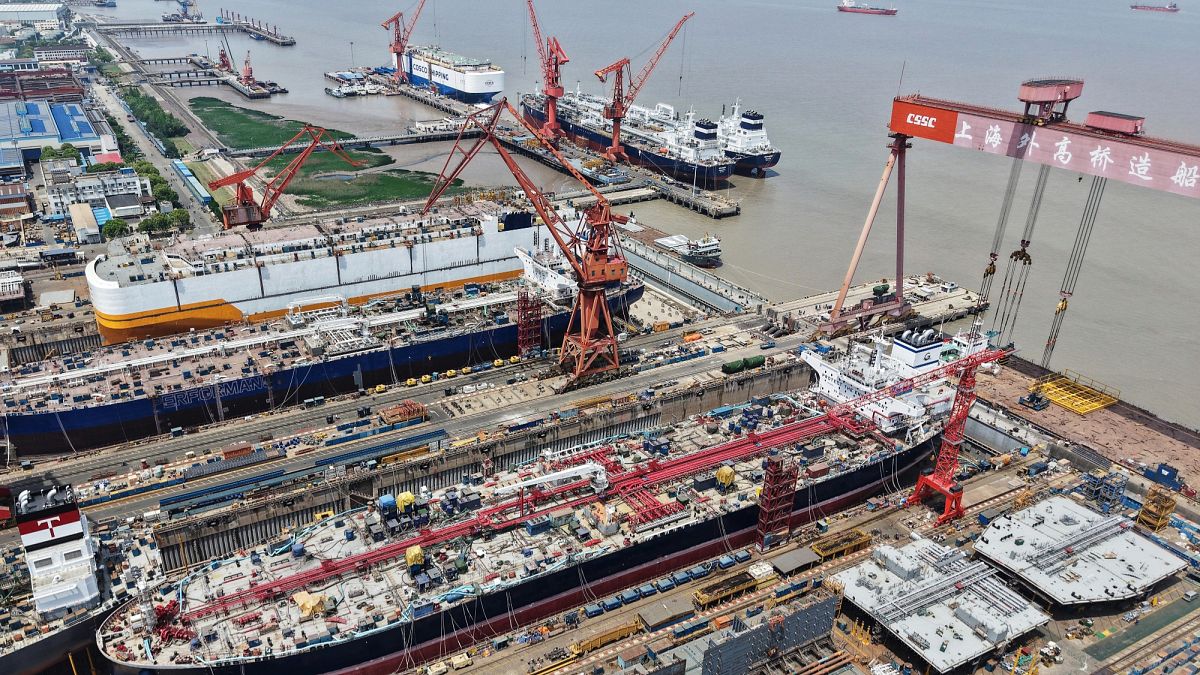The speed of his cabinet nomination announcements tells us that the Republican president-elect has a plan
US President-elect Donald Trump has moved quickly to form his proposed new administration. His team is better prepared to take power than it was in 2016 – when neither the candidate himself nor the vast majority of his supporters believed he could win.
It’s too early to draw far-reaching conclusions, but in general, the composition of the preferred government reflects the ideological and political coalition that has gathered around the president-elect. From the outside, it may look motley, but so far it is all in line with Trump’s views.
Contrary to the perception actively propagated by Trump’s opponents, he is not an unpredictable and inconsistent eccentric. More precisely, we should separate his character and mannerisms, which are flighty, from his overall worldview. The latter has not changed, not only in the years since Trump entered big politics, but more generally in his public life since the 1980s. It suffices to look through the old interviews of the famed tycoon to see this: ‘Communism (in the broadest sense) is evil’, ‘the allies must pay up’, ‘the American leadership does not know how to make favorable deals but I do’, and so on.
Trump’s personal qualities are important. But more importantly, in a somewhat cartoonish way, he embodies a set of classic Republican notions. America is at the center of the universe. However, not as a hegemon that rules everything, but simply as the best and most powerful country. It must be the strongest, including (or especially) militarily, in order to advance its interests wherever and whenever it needs to. Essentially, there is no need for Washington to get directly involved in world affairs at all.
Profit is an absolute imperative for the future president (he is a businessman), and this does not contradict conservative ideals. America is a country built on the spirit of enterprise. Hence his rejection of over-regulation and his general suspicion of the extensive powers of the bureaucracy. In this, Trump joins forces with the equally flamboyant libertarian Elon Musk, who promises to rid the state of a hodgepodge of bureaucrats.
Musk himself is unlikely to be hanging around the president’s office for long, but politicians who think along these lines are likely to be there.
An important difference between the new Trump cohort and traditional Republicans is a significantly lower degree of ideologization of politics in general and international politics in particular. Domestically, the rejection of an aggressive agenda in the spirit of the Woke movement and the imposition of the cult of minorities (which the Republicans call ‘Marxism’ and ‘communism’) plays an important role. It’s about imposition, because the human right to any lifestyle is not in itself questioned by conservatives. For example, key figures around Trump – ardent supporter and former ambassador to Germany Ric Grenell and billionaire Peter Thiel – are married to men.
In foreign policy, the conceptual difference is that Trump and his entourage do not believe, as the Biden White House does, that at the core of international relations is the struggle of democracies against autocracies. This does not mean ideological neutrality. The idea of the ‘free world’ and criticism of ‘communism’ (in which they include China, Cuba, Venezuela, and by inertia, Russia) plays an important role in the thinking of many Republicans. But the defining factor is something else – intolerance of those who for various reasons do not accept American supremacy.
Trump’s choice for national security adviser, Michael Waltz, for example, speaks negatively and disparagingly of Russia, but not in terms of a need to be ‘re-educated’, but because it interferes with America. Marco Rubio, who is being considered for secretary of state, does not oppose regime change in his ancestral homeland of Cuba, but is otherwise not a militant supporter of American intervention anywhere.
The undoubted priority of the Trumpists and those who have joined them is to support Israel and confront its opponents, first and foremost Iran. Last year, Elise Stefanik, the likely US ambassador to the UN, publicly shamed the presidents of leading American universities in Congress for alleged anti-Semitism. It is worth remembering that the only really effective use of force in Trump’s first term was the assassination of General Qassem Soleimani, the head of the special forces of the Iranian Revolutionary Guard Corps.
Trump is not a warrior. Threats, pressure, violent demonstrations – yes. A large-scale armed campaign and mass bloodshed – why? Perhaps because of the peculiarities of relations with China, which is clearly seen as the number one rival. Not in a military sense, but rather in the political and economic sphere, so any ‘war’ with it (forcing it to accept terms favorable to America) should be cold and ruthless. This also applies in part to Russia, though the situation is very different. All of this is neither good nor bad for Moscow. Or to put it another way, it’s both good and bad. But the main thing is that it is not the way it has been up to now.
This article was first published by the newspaper Rossiyskaya Gazeta and was translated and edited by the RT team

 5 months ago
33
5 months ago
33







 We deliver critical software at unparalleled value and speed to help your business thrive
We deliver critical software at unparalleled value and speed to help your business thrive






 English (US) ·
English (US) ·